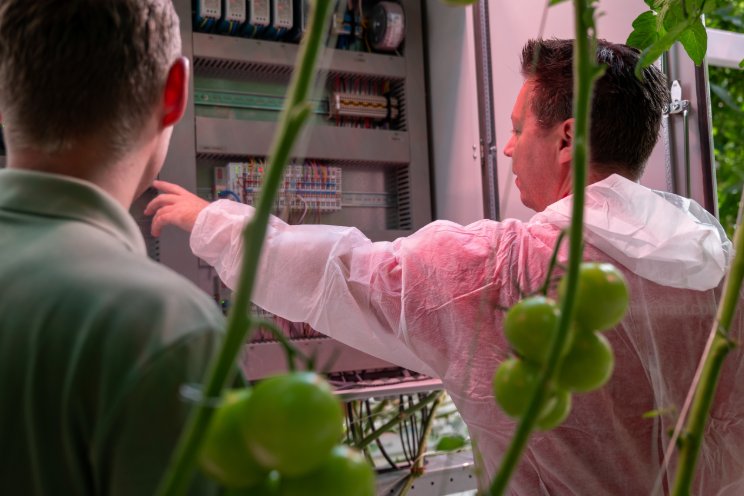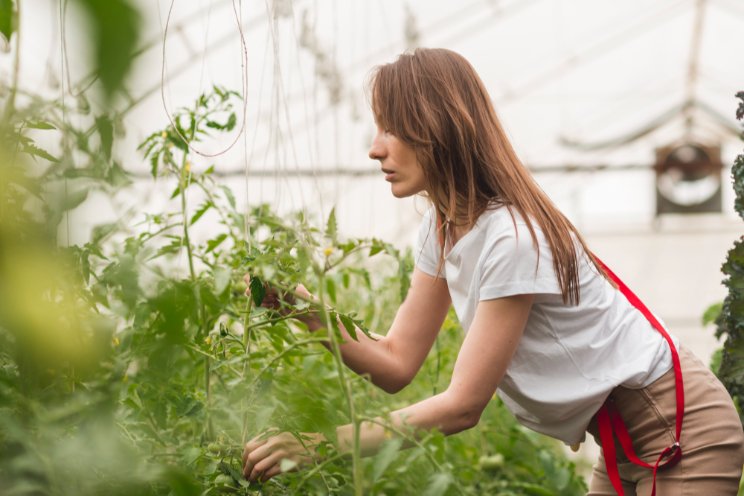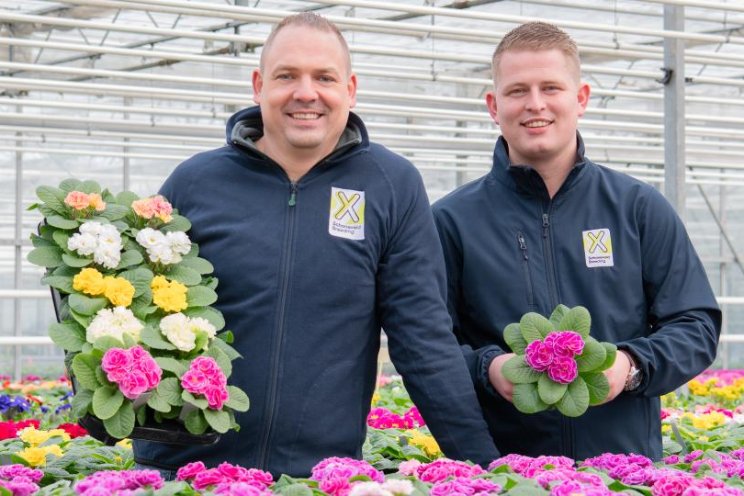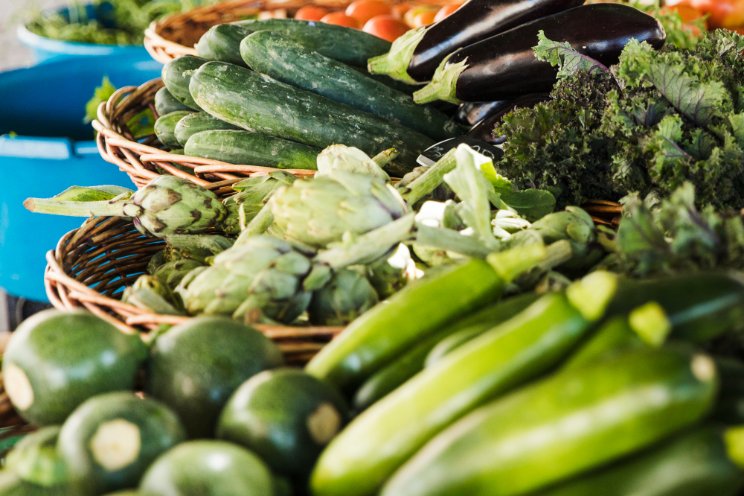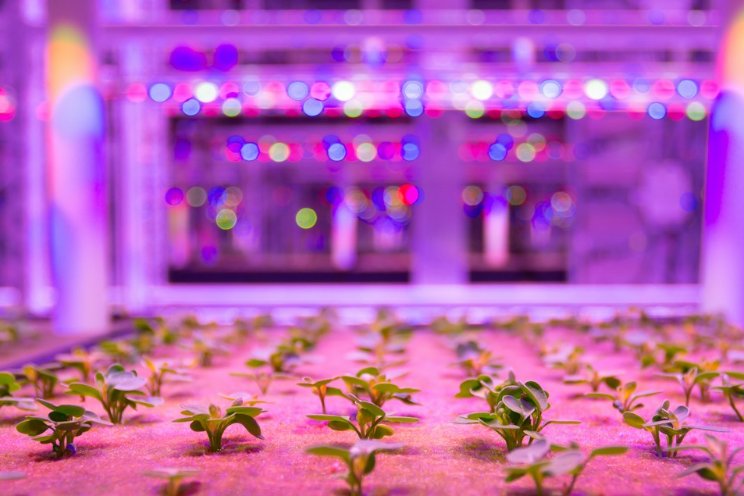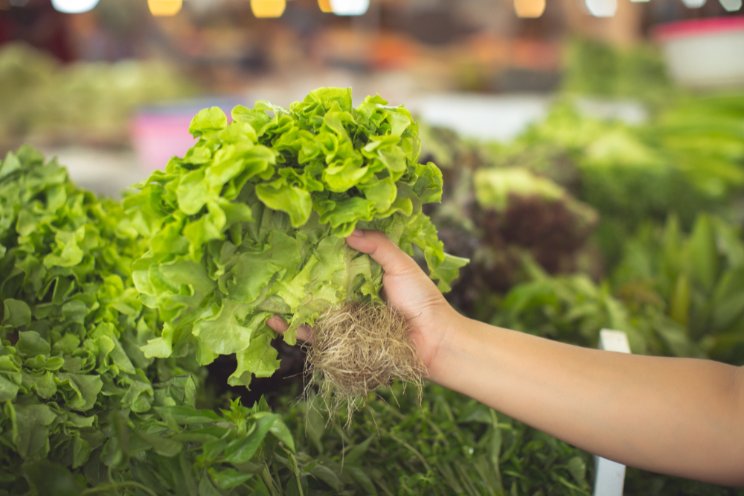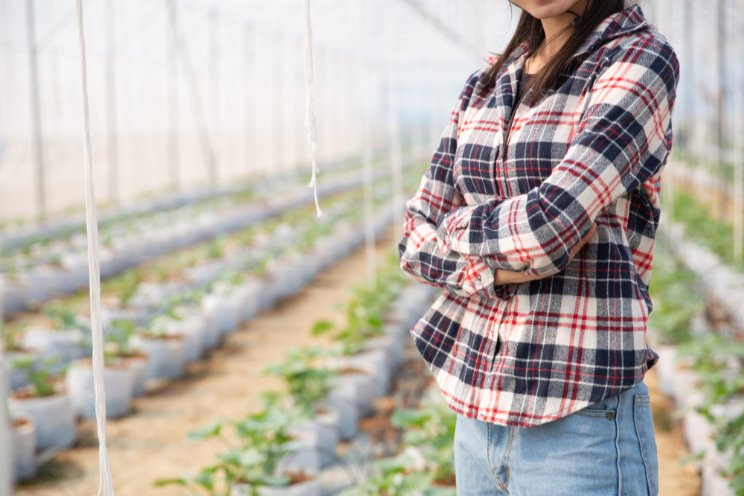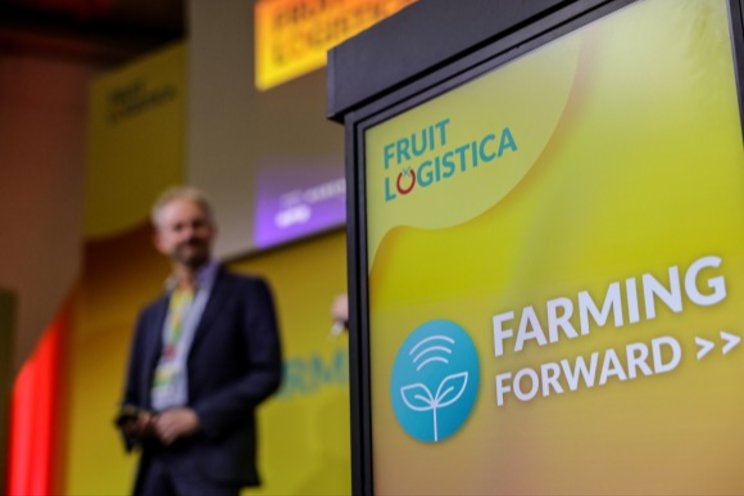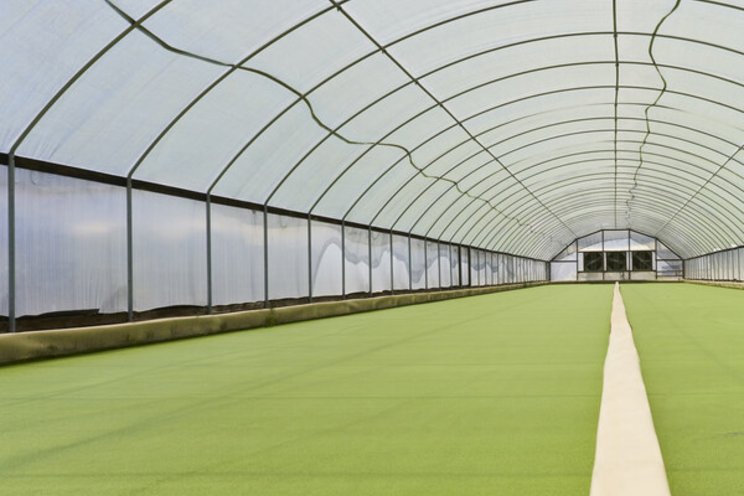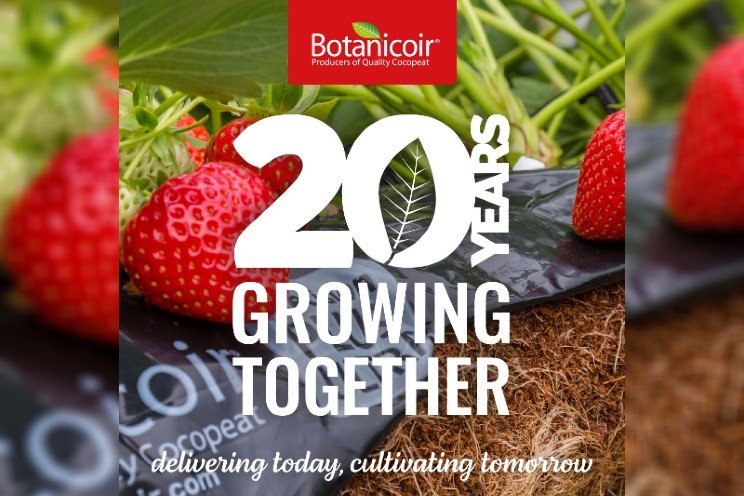New vertical farms will tackle global food challenges
Added on 28 September 2021
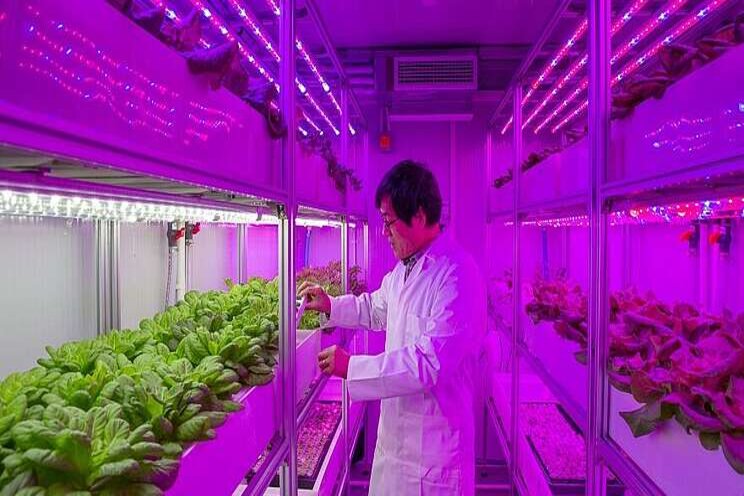
The system—which grows vegetables, salads and fruit, stacked vertically and without the need for soil—is being designed and engineered by scientists at Nottingham Trent University, in partnership with Henley Associates Ltd.
They are creating two vertical farming units—one about the size of a shipping container and the other about half the size—which will act as an initial proof of concept, paving the way for more like them to be built for and used by retailers, caterers, local authorities and schools.
The aim of the project—made possible with almost Ł800,000 funding from a UK Research and Innovation Innovate UK SMART Grant—is to help reduce the UK's reliance on imported produce, feed a rising urban population and tackle the challenge of decreasing arable land.
The novel fully autonomous, data-driven controlled modular container farming system will be capable of producing fresh food which is more nutritious, have far bigger yields and are ready to harvest in at least half the time.
It will operate without the need for favorable weather, fertile soil, lots of water and the usual high-running costs associated with the crop sector. As crops will be produced closer to the consumer it will reduce logistical costs and environmental impact and maximize shelf-life.
Crops are grown without soil in a nutrient-rich solution using an ultrasonic semi-mist culture aeroponic and hydroponic growing system. Plant roots are suspended mid-air in high humidity, and intermittently misted with a nutrient solution that increases nutrient use efficiency and plant growth with a surplus of oxygen at the root surface.
The system will be optimized to deliver specific combinations of lighting, environmental and nutrient mix profiles to suit the needs of specific crops.
Solar panels will provide electricity to run the whole system.
The vertical farm will be created over the next two years—one will be based at the university's Brackenhurst Campus and the other in Grantham, Lincolnshire.
Two years ago the university created two container farms inside converted metal shipping containers which it uses for teaching and research—and to showcase the potential for "precision agriculture."
Current state-of-the-art container farms adopt shipping containers are not as energy-efficient as the new system would be, and can have higher operating costs as users try to regulate the environment to maximize yield production.
"We are designing and engineering prototypes before carrying out a detailed feasibility study," said Chungui Lu, Professor of Sustainable Agriculture in Nottingham Trent University's School of Animal, Rural and Environmental Sciences.
He said: "We urgently need to develop new methods to enable intensive and sustainable crop production. We need an innovative container farming system that can be manufactured at low cost, is easy to install, unaffected by climates and seasons and can produce high-yields with high-quality crops with a significant reduction in carbon footprint.
"It's also important to reduce reliance on imports, particularly given the UK's exit from the EU. Each container is capable of producing three to five tons of crops a year.
"Using novel semi-mist culture methods, this will be an advanced, energy-efficient and carbon-neutral vertical farm for onsite use at retailers, schools and other organizations.
"By the end of the project we will have a new generation of containerised vertical farming that will improve UK resilience to environmental shocks and food security and will be beneficial for both the farming industry and society."
Charles Brunton, director and project manager at Henley Associates Limited, said: "This vertical farming project brings a combination of our farming and engineering expertise to the partnership. Food production has forever relied upon favorable weather and suitable soil. Vertical farming negates both of these factors—especially weather—as global warming takes effect worldwide, as has been witnessed in the UK over the past few years, resulting in failed crops, resown crops and reduction in yields.
"The vertical farming system is a major step forward in vastly reducing the carbon footprint of delivering fruit and vegetables by road from Europe and in particular air transport from across the world. We feel the level of expertise that Nottingham Trent University is bringing to the project is the key to delivering fresh fruit and vegetables nationwide, without sprays or fertilizers, and utilizing solar power as much as possible."
Source: PHYS.org
Photo: Professor Chungui Lu in the university's existing container farm. Credit: Nottingham Trent University
Source: PHYS.org
More news
